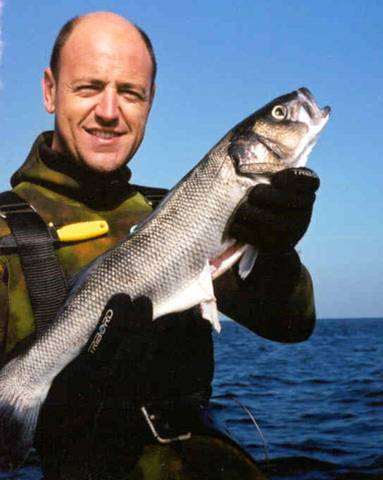Abstract
With the collapse of many actively fished species in their natural habitats, fish farming worldwide is rapidly taking up the slack. Such aquaculture has been active in Israel for more than 60 years, with production going to local as well as to export markets.
Over the past two decades, researchers of the Bengis Center for Desert Aquaculture at the Blaustein Institutes for Desert Research (BIDR) have demonstrated how formerly neglected low precipitation desert regions can be exploited for raising fish. [1] Prof. Samuel Appelbaum — who heads the Bengis Center and is a member of the BIDR Katz Department of Dryland Biotechnologies— has demonstrated how aquaculture can be buttressed in desolate locales by effectively utilizing deep-lying, giant, largely neglected aquifers that exist in many arid areas of the world. Israel’s Negev Desert, for example, has large reservoirs of brackish geothermal water that can be used for fish ponds. Studies on various fish and crustaceans have yielded a range of marine and freshwater species that can be successfully grown in the desert, including tilapia, barramundi, sea bass, striped bass and red-drum. Moreover, effluents from the ponds, which contain fish-excreted nutrients, are easily absorbed by plants and are a practical resource for irrigating trees and other agricultural crops.

Large wild European seabass held by fisherman.
Thus the availability of multiuse brackish water and unused land, have so far induced 15 communal settlements in the Negev to take up aquaculture, which represents a major fraction of their annual income. Operating costs of these desert fish farms are very favorable in comparison to established ponds located on valuable land in other parts of the country, which utilize expensive water taken fromIsrael’s overextended national water supply.
Governments and international aid agencies alike understand the importance of harnessing overlooked natural resources for improving the quality of life in underdeveloped countries. Of particular relevance in this respect is the development of unexploited water reserves in arid-regions for establishing aquaculture and improving existing agriculture. The work carried out by BIDR investigators is being refined for aquaculture programs in various countries, including Australia, China and India.
What is aquaculture?
Aquaculture in Israel
Fish in the desert
Scientific advances at the Bengis Center
Next section